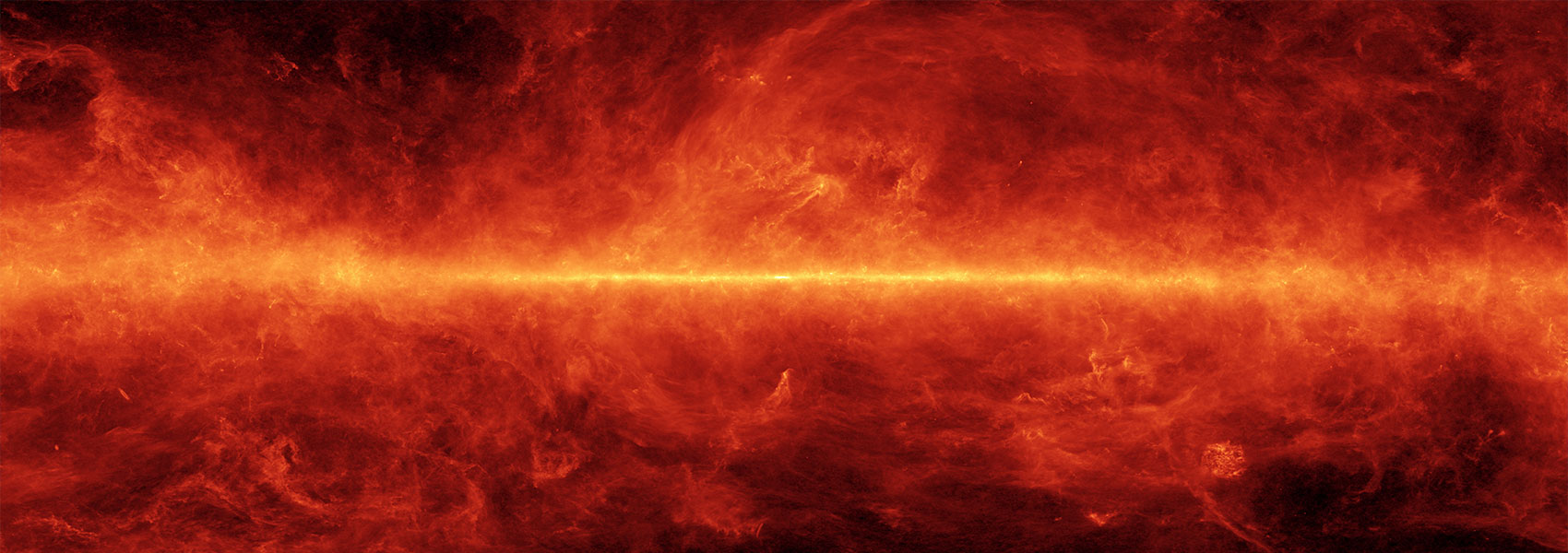December
2023
•
2023AJ....166..246T
Authors
•
Thomas, Andrew D.
•
Nielsen, Eric L.
•
De Rosa, Robert J.
•
Peck, Anne E.
•
Macintosh, Bruce
•
Chilcote, Jeffrey
•
Kalas, Paul
•
Wang, Jason J.
•
Blunt, Sarah
•
Greenbaum, Alexandra
•
Konopacky, Quinn M.
•
Ireland, Michael J.
•
Tuthill, Peter
•
Ward-Duong, Kimberly
•
Hirsch, Lea A.
•
Czekala, Ian
•
Marchis, Franck
•
Marois, Christian
•
Millar-Blanchaer, Max A.
•
Roberson, William
•
Smith, Adam
•
Gallamore, Hannah
•
Klusmeyer, Jessica
Abstract
•
We present new spatially resolved astrometry and photometry of the CD -27°11535 system, a member of the β Pictoris moving group consisting of two resolved K-type stars on a ~20 yr orbit. We fit an orbit to relative astrometry measured from NIRC2, GPI, and archival NaCo images, in addition to literature measurements. However, the total mass inferred from this orbit is significantly discrepant from that inferred from stellar evolutionary models using the luminosity of the two stars. We explore two hypotheses that could explain this discrepant mass sum: a discrepant parallax measurement from Gaia due to variability, and the presence of an additional unresolved companion to one of the two components. We find that the ~20 yr orbit could not bias the parallax measurement, but that variability of the components could produce a large-amplitude astrometric motion, an effect that cannot be quantified exactly without the individual Gaia measurements. The discrepancy could also be explained by an additional star in the system. We jointly fit the astrometric and photometric measurements of the system to test different binary and triple architectures for the system. Depending on the set of evolutionary models used, we find an improved goodness of fit for a triple system architecture that includes a low-mass (M = 0.177 ± 0.055 M ⊙) companion to the primary star. Further studies of this system will be required in order to resolve this discrepancy, either by refining the parallax measurement with a more complex treatment of variability-induced astrometric motion or by detecting a third companion.
Links



